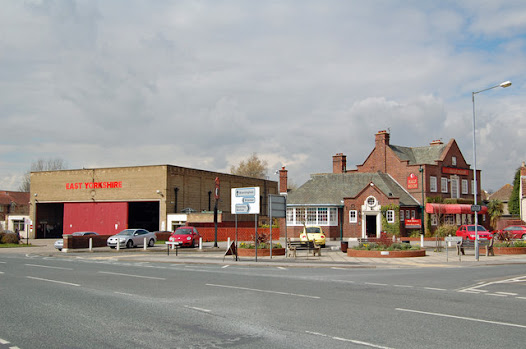A colleague told me in confidence he was desperate to leave the software company we were with. He was tired of having to spend so much time abroad. The week after he’d been to Venezuela they had sent him to Athens – talk about jetlag! Fortunately for me, he was away so much he couldn’t get to interviews. Had he escaped, I would have picked up all his travel. It was bad enough being sent away just occasionally, like being asked (i.e. told) on a Friday morning to go to Stockholm to sort out an urgent problem, and having to pop home to pack a bag and leave a note that I might not be back until Tuesday. Newly married with a family in mind, it was not what I wanted. I understood my colleague’s predicament entirely. I decided to get out before he did.
I started applying for lecturing jobs in Polytechnics. It would be a cut in salary, but not all that much taking pensions into account. I had to make my own provision at the software company, whereas lecturers were members of a government-backed, inflation-proof, final-salary scheme worth at least 20% on top of what they paid you. A salary of £20k was the equivalent of £24k, and £25k was worth £30k.
Things did not go well. I applied for no end of posts, but despite being well qualified – higher degree, authorship of academic papers from previous work as a research assistant, relevant commercial experience – it counted for little. I was interviewed often enough, but, no matter how well I felt I’d done, they appointed someone else. It was usually either an internal candidate or the cheap option. At Leicester Del Monte they appointed a twenty-three year-old straight off their M.Sc. conversion course. At James Heriot they appointed a mystery candidate who wasn’t there when the rest of us were interviewed.
Nearly a year went by and I was spending more and more time away. With one last throw of the dice, I applied above my league to the University of Nottingham. There turned out to be two posts and four candidates. We sat around after the interviews awaiting the outcome. It took ages. Finally, they called in the first successful candidate and then the second, but told me not to go away. I will forever be grateful to Professor Peter Ford who explained that they had appointed the two candidates with the broadest balance of skills, and had they been appointing to only one post it might well have been me. “Do not be discouraged in any way”, were his exact words.
I vaguely knew one of the successful candidates as one of those people who spend their lives messing others around and being unreliable, and it annoyed me a few months later to learn that he had chucked the job and moved on.
Polytechnics then changed. The government decided they were all to become universities, and they started to hunt for staff able to carry out research and bring in external funding. It was like a football transfer market. I applied to a Yorkshire institution and got an interview. In phoning to accept I discovered there were six candidates. Not good odds.
On the day only four turned up. Then, like at Nottingham, they said they were hoping to fill two posts. Two out of four looked promising until I learned that one of the candidates was an internal candidate called Anthea who was just about to submit her PhD thesis, another was a high-flying researcher from British Telecom, and the third an affable Rory Bremner lookalike who was a temporary lecturer at a Russell Group university.
We spent the morning giving presentations. I managed to work in stuff about something called SSADM (Structured Systems Analysis and Design Method), the expert systems research I’d previously done, and how it related to the commercial system I now worked with. The Head of Department though it an excellent presentation.
We were taken for lunch at which Rory Bremner did most of the talking and Anthea said nothing at all. Then the chap from BT was taken aside and didn’t come back. I heard later that his talk had been terrible, and they doubted his ability to connect with the Higher National students. The remaining three of us waited for our formal interviews in the afternoon.
It went badly. There were questions that caught me out and set me talking too loud and too fast, and they said not to wait around because decisions had to be approved by the Vice-Chancellor.
I waited ten days. The Head of Department was out so I phoned the personnel office. There was a muted conversation at the other end of the line during which I overheard the words “Bremner and Dunham” and “shussssh”. They said the decision was still awaiting approval. Soon afterwards, the Head of Department then rang me. Yes, I had a job.
The other post did indeed go to Rory Bremner. I felt sorry for Anthea who had to vacate her desk to accommodate him.
We were both still there twenty years later. One thing I learned during that time is that with these kinds of jobs, probably with any job, you can never truly be aware of all the considerations, and why you might or might not be successful.



